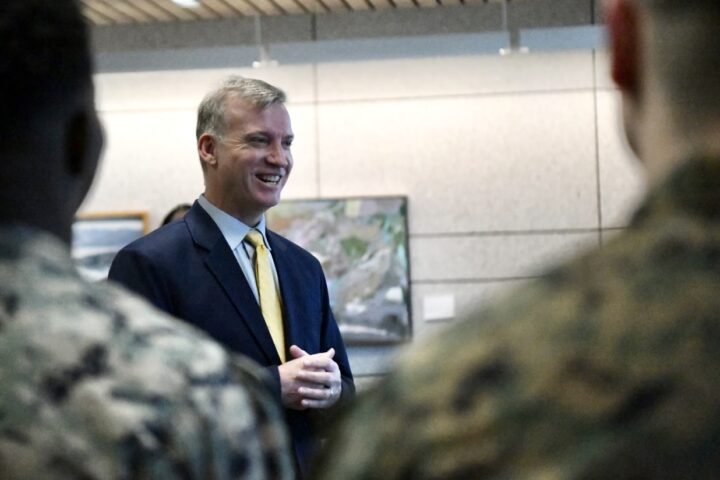
Erik Raven to Step Down as Navy Under Secretary
Under Secretary of the Navy Erik Raven will step down in August, Secretary of the Navy Carlos Del Toro announced Wednesday.…

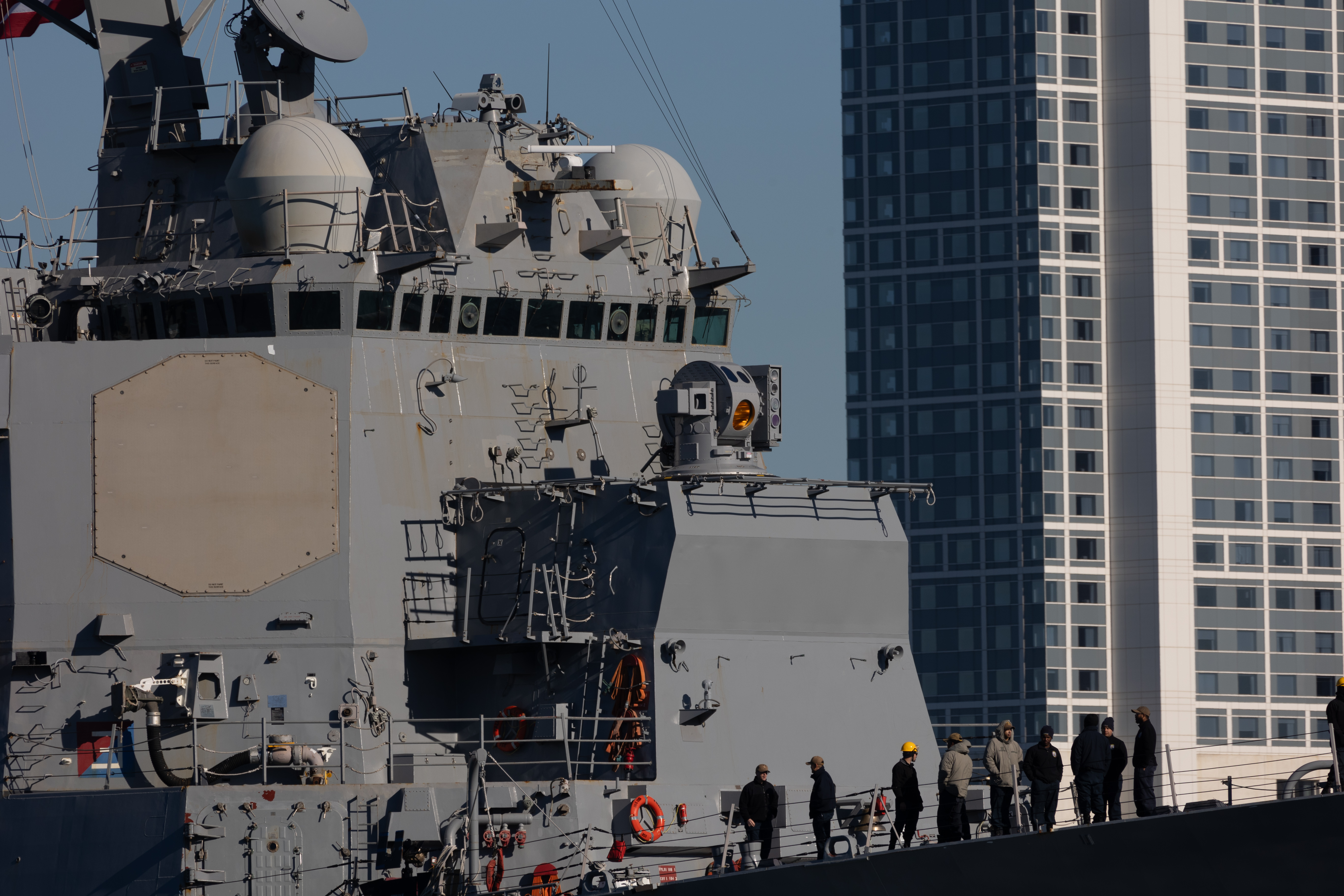

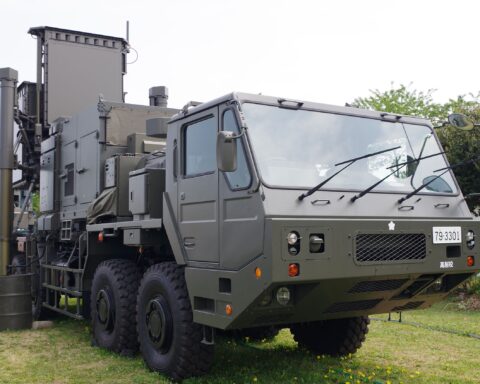
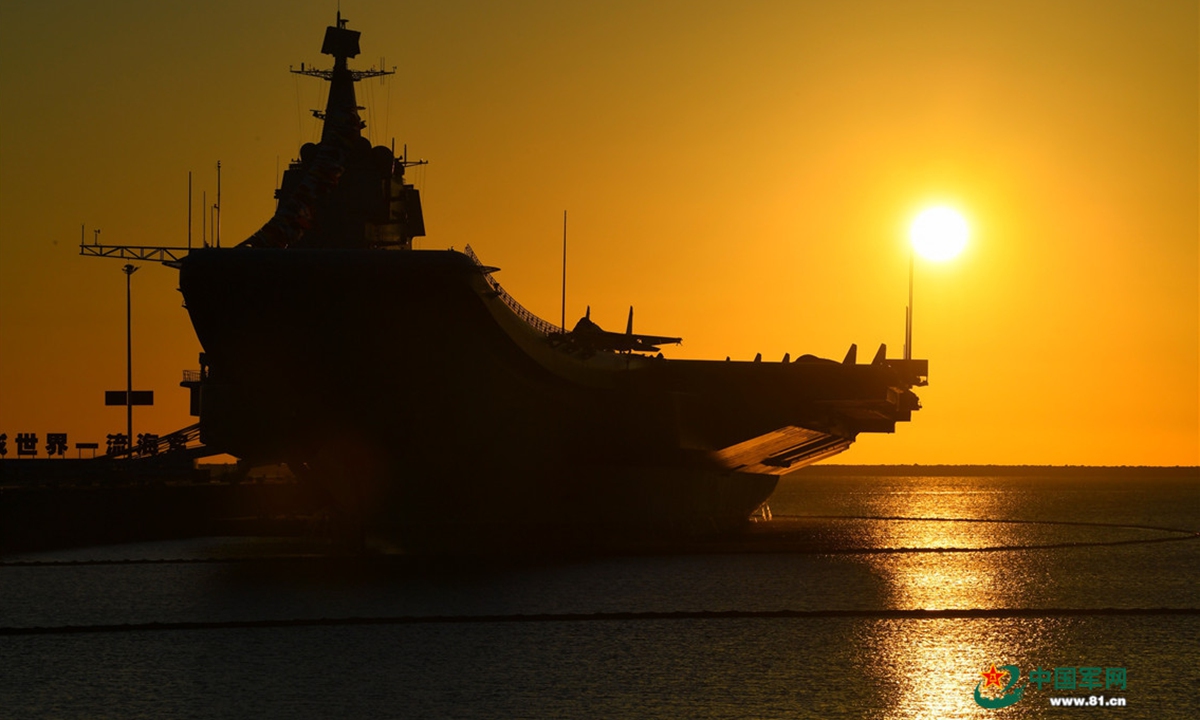
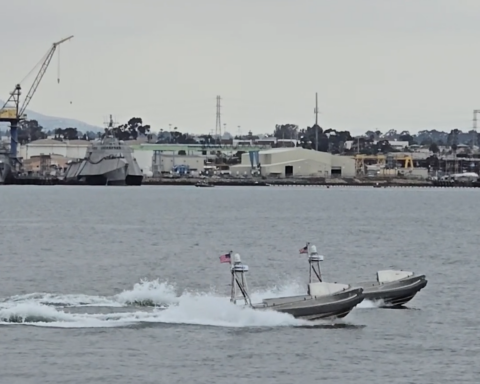
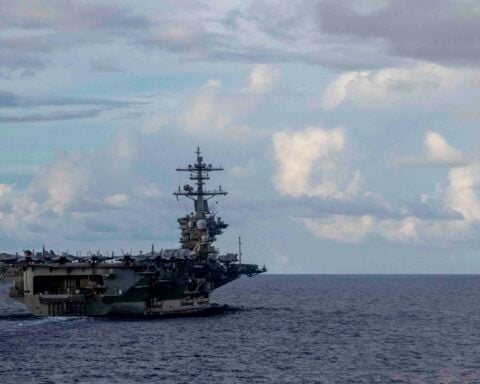
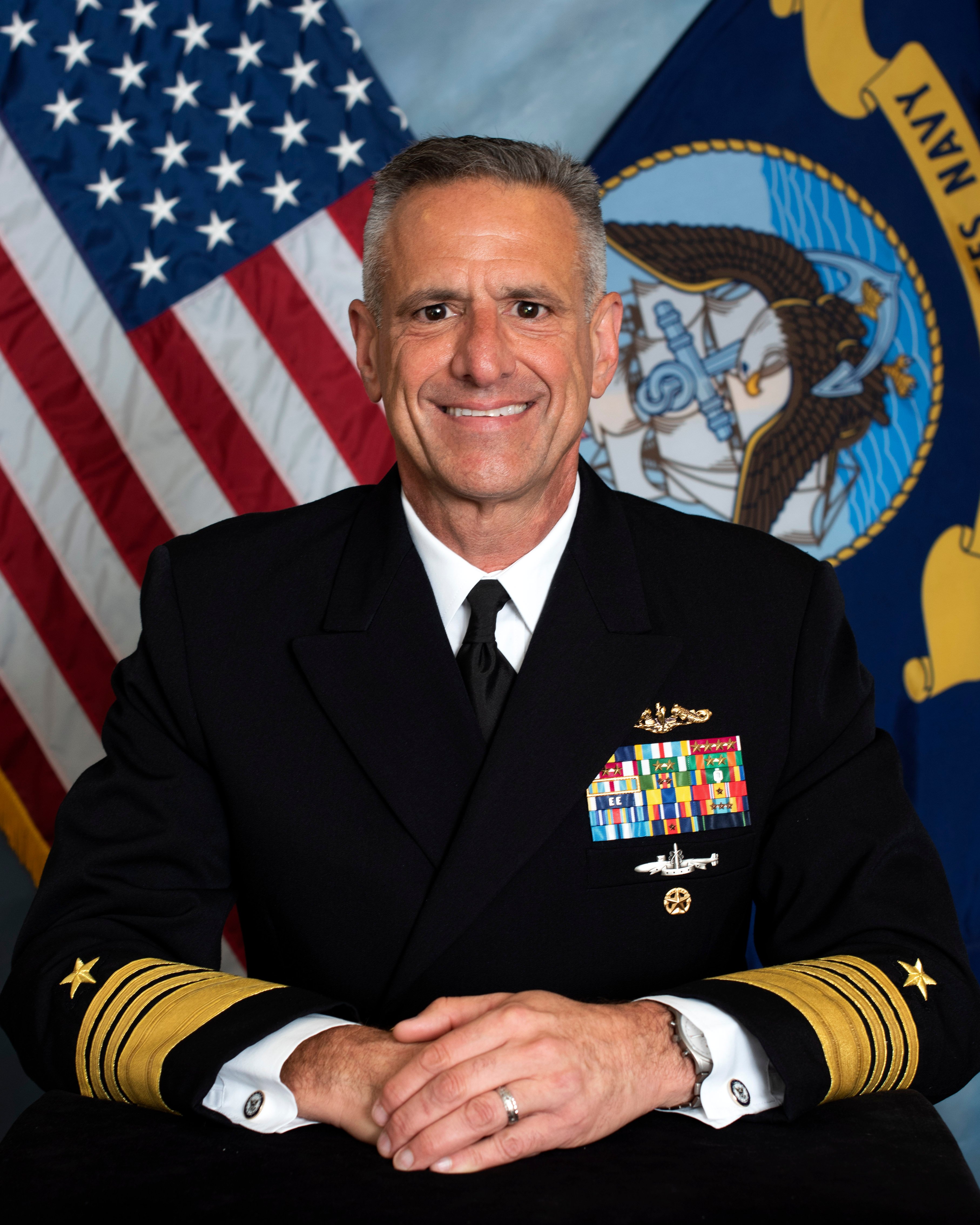
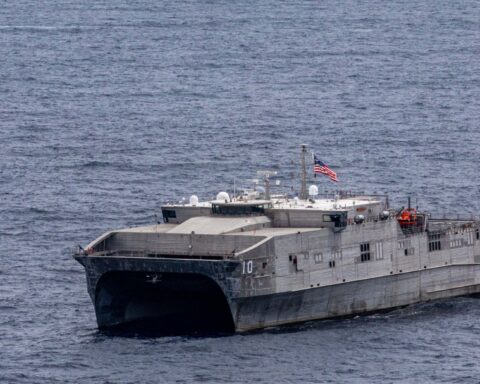
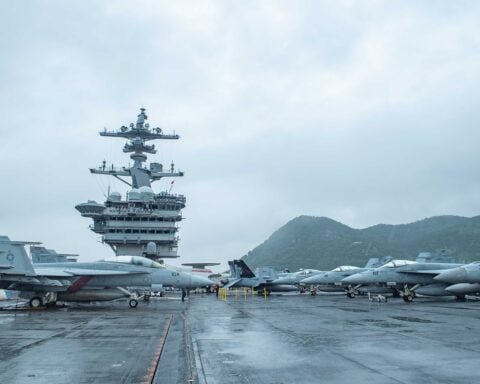
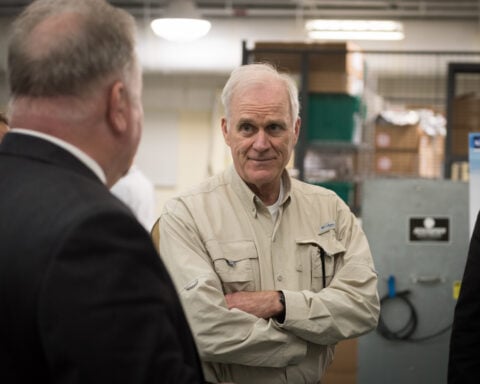
Your voice matters. Join generations of thought leaders—by contributing to the open forum of the Sea Services.
Copyright 2024 U.S. Naval Institute. All Rights Reserved.
